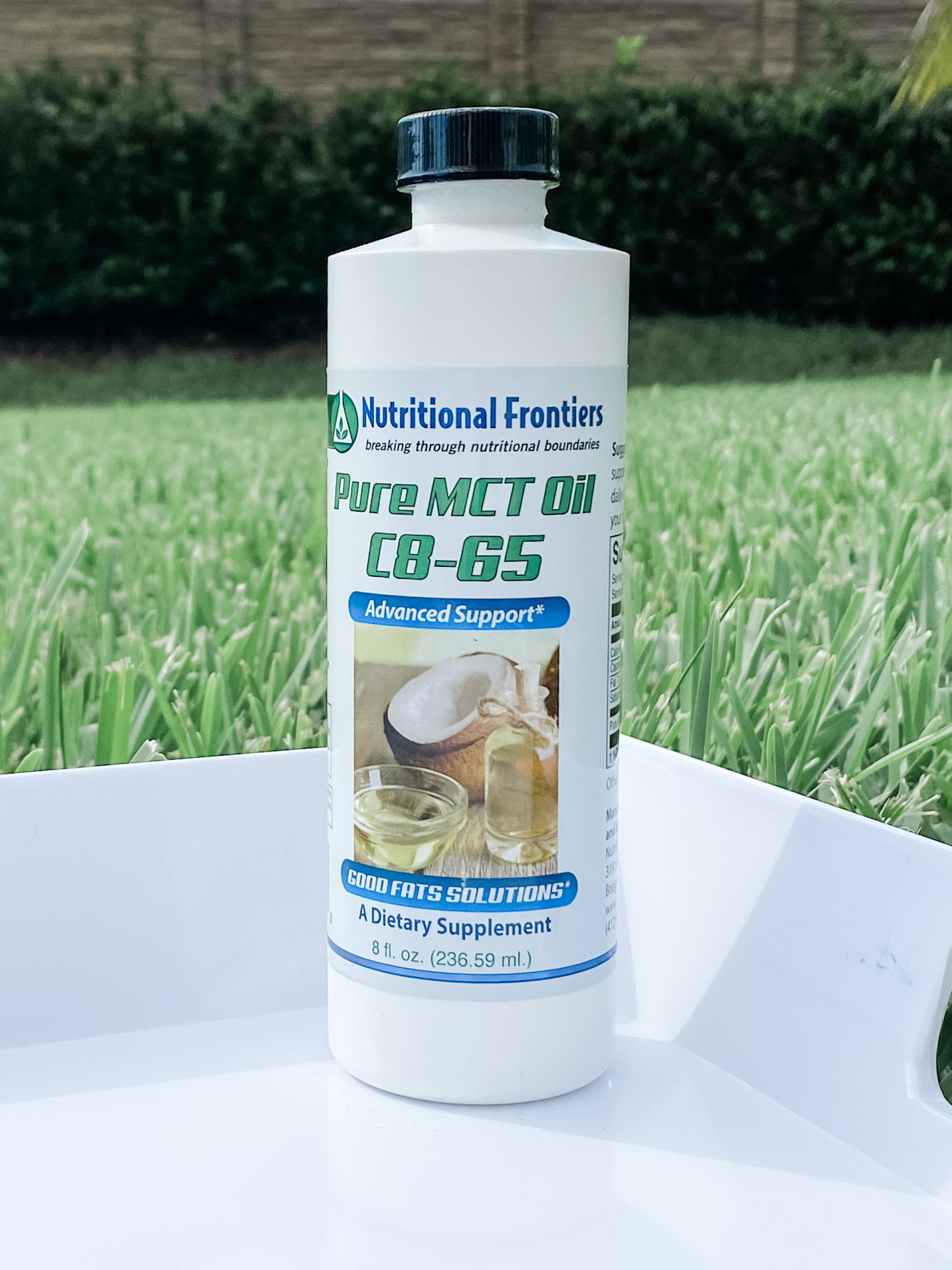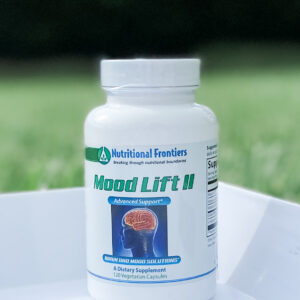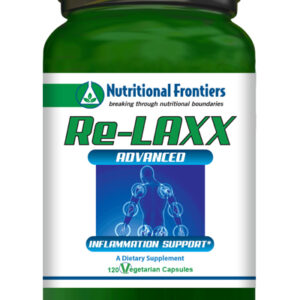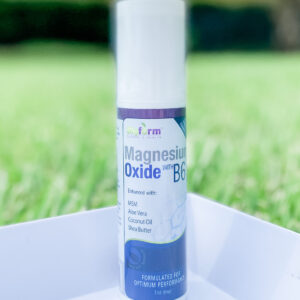Description
Medium-chain triglycerides (MCTs) are bioactive lipids that are easily metabolized and absorbed. These fatty acids are characterized by a chemical composition that is shorter than the long-chain fatty acids that are present in most other oils and fats. Their smaller molecular size contributes to their rapid absorption: they are hydrolyzed faster and more extensively during digestion. Therefore MCTs provide a quick energy source for the body. This class of fatty acids is found in low amounts in the diet and has a lower caloric content than other fats. Coconut and palm kernel oil are two dietary sources of MCTs. Athletes sometimes use MCTs for nutritional support during training, to increase exercise performance, for decreasing body fat and increasing lean muscle mass, and for weight loss.
MCTs are sometimes used to reduce levels of cholesterol and other fats in the blood called triglycerides. They might also be used for diabetes. In older people, MCTs are used to increase muscle mass and strength.
Medium-chain triglyceride consumption can help increase satiety and reduce food intake. One study showed MCT increased fullness during the 3 hours after breakfast and another trial demonstrated reduced food intake in overweight men. Furthermore, MCT oil exhibits the potential to enhance weight loss and mitigate the unhealthy cardio-metabolic effects of obesity. The gut microbiome plays a significant role in obesity and the metabolic profile: since MCTs are known for their anti-microbial activity, it’s theorized that one mechanism by which they assist in weight loss is by improving gut bacterial health. MCT oil may enhance exercise endurance as well. It’s possible that this effect occurs through its beneficial effects on mitochondria.
Additionally, research points to MCTs ability to help improve cognitive dysfunction such as occurs in Alzheimer’s disease. An animal study in dogs showed the benefits of a therapeutic diet containing MCTs to Cognitive Dysfunction Syndrome which is analogous to Alzheimer’s disease in dogs. A recent small trial in Japan of 20 participants with Alzheimer’s disease showed that taking a ketogenic formula containing 20 mg of MCT daily produced improved scoring on cognitive function testing after 8- 12 weeks of use. The authors of this study note that doses of 1 g/kg/day are safe and unlikely to cause side effects, the most common of which is diarrhea. One possibility for how MCT helps is that since brain glucose uptake is impaired in Alzheimer’s disease, increasing brain fuel supply by ketones (an alternative fuel source to glucose) might help mitigate the disease process and symptoms. The ketogenic MCTs may increase brain energy metabolism by increasing brain ketone consumption.
Nutritional Frontiers product contains 7 grams of MCT per serving size, which is half a tablespoon. MCT oil can be added to smoothies, warm beverages, drizzled on food, etc. Do not use MCT oil for frying. Store in a cool, dark, and dry environment. Maybe refrigerated after opening.
SUPPLEMENT FACTS
Available Bottle Size: 8 fl. oz.
Serving Size: 7.5 ml (approximately 0.5 tbs.)
Servings Per Bottle: 31
Calories 60
Calories from Fat 60
Fat 7 g
Saturated Fat 7 g
Pure MCT Oil (65% C8) 7 g
Other Ingredients: None
Suggested Use: As a dietary supplement, take 7.5 ml (0.5 tbs.) daily with a meal, or as directed by your healthcare practitioner.
Warning: If pregnant or nursing, consult your healthcare practitioner before taking this product.





Reviews
There are no reviews yet.